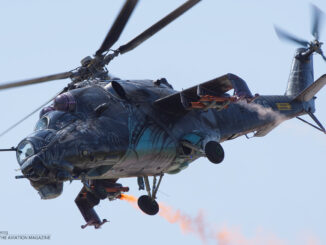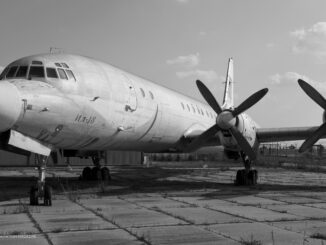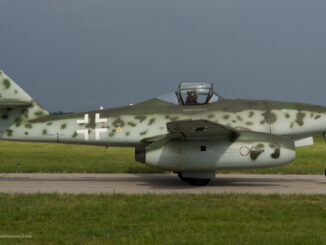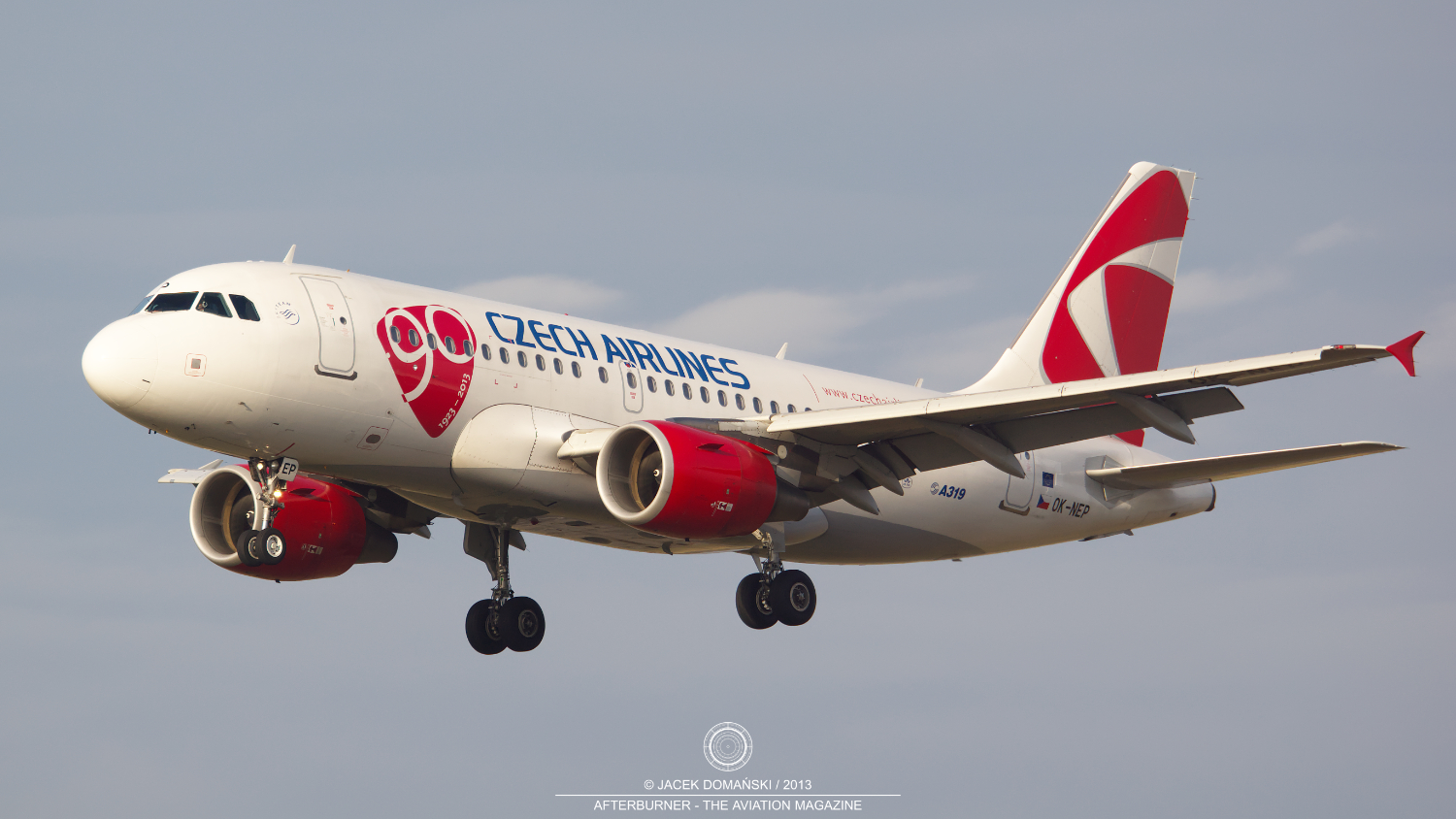 On 26th October 2024, the Czech Airlines (CSA) company performed its final commercial operation – the flight from Paris to Prague, codenamed OK 767. The fifth oldest airline in the world ceased its record of independent activity, eventually completing its merge with Smartwings and thus becoming just a brand within the Smartwings group.
On 26th October 2024, the Czech Airlines (CSA) company performed its final commercial operation – the flight from Paris to Prague, codenamed OK 767. The fifth oldest airline in the world ceased its record of independent activity, eventually completing its merge with Smartwings and thus becoming just a brand within the Smartwings group.
CSA, actually ČSA Československé státní aerolinie (Czechoslovak State Airlines) airline was founded on 6th October 1923, as the official state carrier of Czechoslovakia. A few weeks later, on 29th October, the company performed its first official commercial flight with Aero A-14 aircraft, L-BARC. The aeroplane, registered as L-BARC, was piloted by Karel Brabenec and carried one passenger, a Czechoslovak journalist, from Prague-Kbely airport to Bratislava.
Almost exactly on the same time, another A-14, took-off from Bratislava and headed Prague. The second aircraft, L-BARI, was piloted by Josef Cinibulk and also carried a journalist on board. That flight arrived to Prague approximately one hour after the L-BARC landed in Bratislava.
Those initial flights were previously planned to take place a day earlier, to celebrate the anniversary of establishing the independent state of Czechoslovakia. Regrettably, bad weather conditions made it impossible and finally the national holiday was commemorated with only a short flight around the Kbely airfield.
Until the end of 1923, CSA successfully carried twenty-nine passengers, over one hundred kilograms of cargo, as well as some air mail. The airline fleet was progressively extended with new types of aeroplanes, including Aero A-10, de Havilland DH.50 and Farman F-60 Goliath.
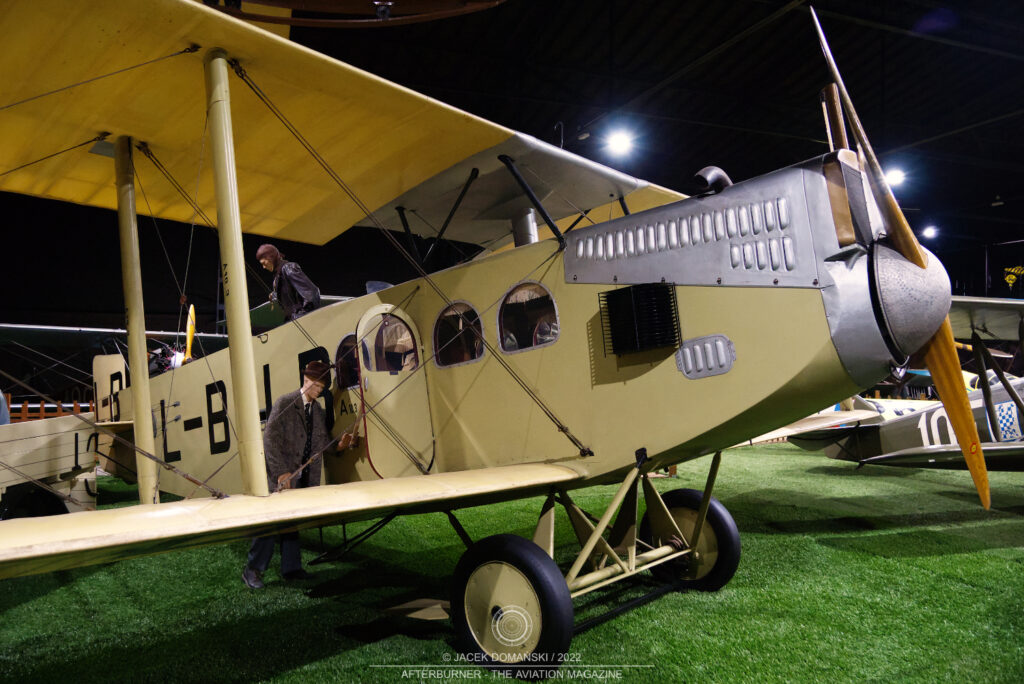
In 1929, CSA became a member of the International Air Traffic Association, the predecessor of current International Air Transport Association (IATA). In the same year, the airline adopted its official call sign OK, following the decision of the International Commission for Air Navigation, the forerunner of the International Civil Aviation Organization (ICAO). The code was based on the already existing radio communications code of Czechoslovakia, being in use since 1927.
The first international air operation of CSA commenced in 1930. It was the route from Bratislava to Zagreb, followed by further extensions to Rijeka and Dubrovnik. In following years, the CSA connected Prague with Brussels, Bucharest, Budapest, Moscow, Paris and Rome.
With the outbreak of the World War II, the commercial operations of CSA were ceased, and its aircraft fleet was taken over by Lufthansa.
The post-war CSA commenced its flight operations already in 1945. Two years later, intercontinental routes to Ankara and Kahira were opened. On 1st January 1949, CSA structure was changed, and the company was reactivated as the state-owned airline and the sole commercial airline carrier of Czechoslovakia.
Between the 1950s and the 1970s, CSA were one of the most renowned airlines in Europe, as well as well recognized all over the world. The company was one of the first in the world to operate jet airliners. Its first Tupolev Tu-104 was acquired in 1957 and soon became the sole air carrier to use only jet aeroplanes on long-haul route between Prague and Moscow.
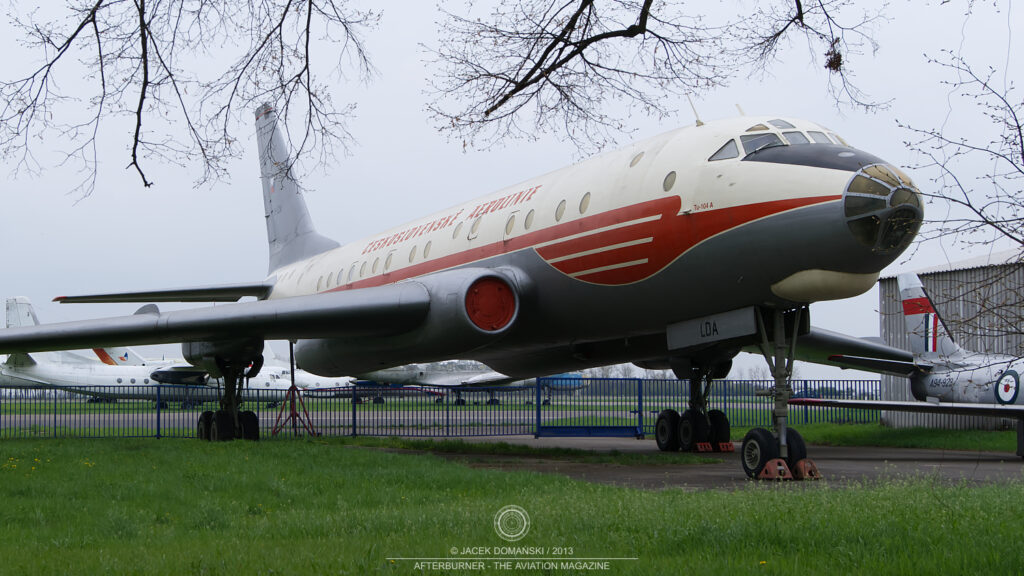
In 1962, CSA opened its first transatlantic route, from Prague to Havana, operated with Bristol Britannia aeroplane. It was soon followed by regular flights to Montreal and New York. At the end of the 1960s, CSA purchased the fleet of modern Soviet jet airliners Tupolev Tu-134 and Ilyushin Il-62. Especially the latter, long-haul jet, allowed the airline to establish news flight routes to Africa, Middle and Far East destinations.
At the end of the decade, CSA was one of thirty-four airlines in the world to carry over one million passengers. The company owned a fleet of seventy-five aircraft, including twenty-one Il-62s, and was considered the tenth biggest airline in Europe.
In the 1970s and 1980s, CSA opened even more new routes, including flights to Dubai, Erevan, Tashkent, Hanoi and Ho Chi Minh City.
After the Velvet Revolution, the company began to upgrade its fleet with Western-made aircraft. The first of them was Airbus A310-300, acquired in 1991. Next year the CSA inventory was extended with ATR 72-200s and Boeing 737-500s.
Also in 1991, the company split into two new entities – Czechoslovak Airlines and Slov-Air, starting the long and complicated process of separation of the CSA assets between the Czech Republic and Slovakia. In 1992, Czechoslovak Airlines were transferred into a stock company, still preserving the CSA brand name and the OK code. Finally, in 1995, the company name was changed to České aerolinie (Czech Airlines).
In 2000, the airline started selling flight tickets on the Internet, as well as retired all Soviet-made aircraft from commercial services. Next year, the CSA airline became a full member of SkyTeam alliance. In the 2000s and 2010s, the CSA fleet included ATR 42-300, Boeing 737-500, Airbus A319, A320 and A321.
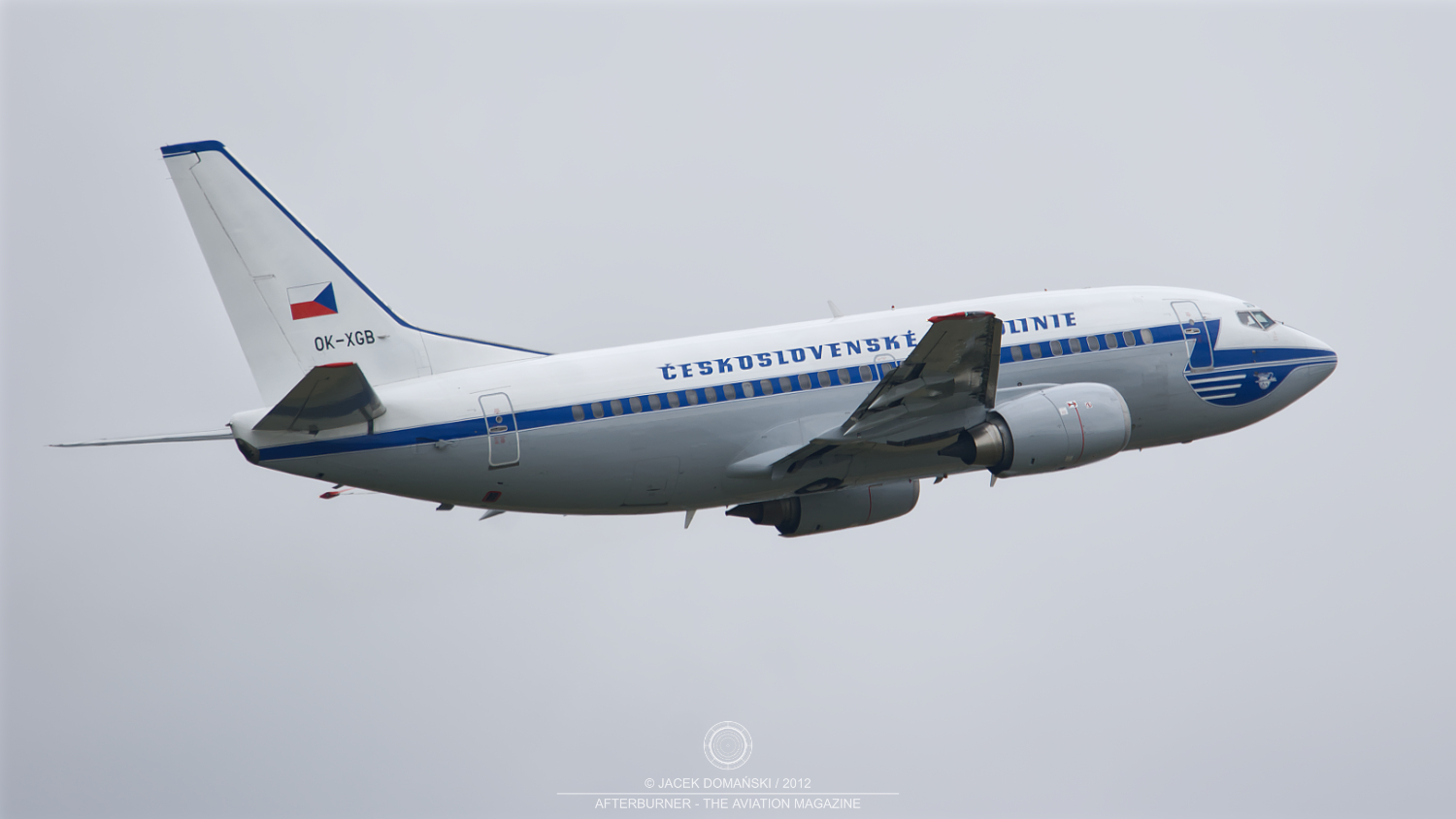
At the end of the first decade of the 21st century, financial condition of CSA had deteriorated significantly. The Czech government, being still the major shareholder of the company, began with sales of the company properties and non-aviation activities, such as duty free shops. In addition, process of splitting the company to several smaller entities was launched.
Market analysts usually point those issues with financial situation of the company began already in 2004, when new CSA management took over the steering wheel. Run by people without any background in aviation business, as well as nominated from political appointment, the airline suffered from pointless investments, oversized purchase of new aircraft and lacking the ability to respond to market changes.
CSA did not react to low-cost airlines and their services which were becoming more and more popular at that time. Moreover, the management spread unrealistic visions of the CSA expanse to new destinations and market sectors, as if there were no changes at all. And followed with acquisitions of dozens of new aircraft which did not find any practical application.
In 2012, CSA became a part of Czech Aeroholding, merging together the Prague airport, handling and maintenance companies, as well as low-cost carrier Holidays Czech Airlines. Nevertheless, almost every fiscal year between 2011 and 2015 was closed with significant loss.
Sale of CSA stakes to Korean Air seemed to be the way to solve the financial struggles. In 2013, the national Korean carrier acquired forty-four percent of shares and presented an impressive vision of turning Prague airport into a modern aviation hub, connecting Europe and Far East.
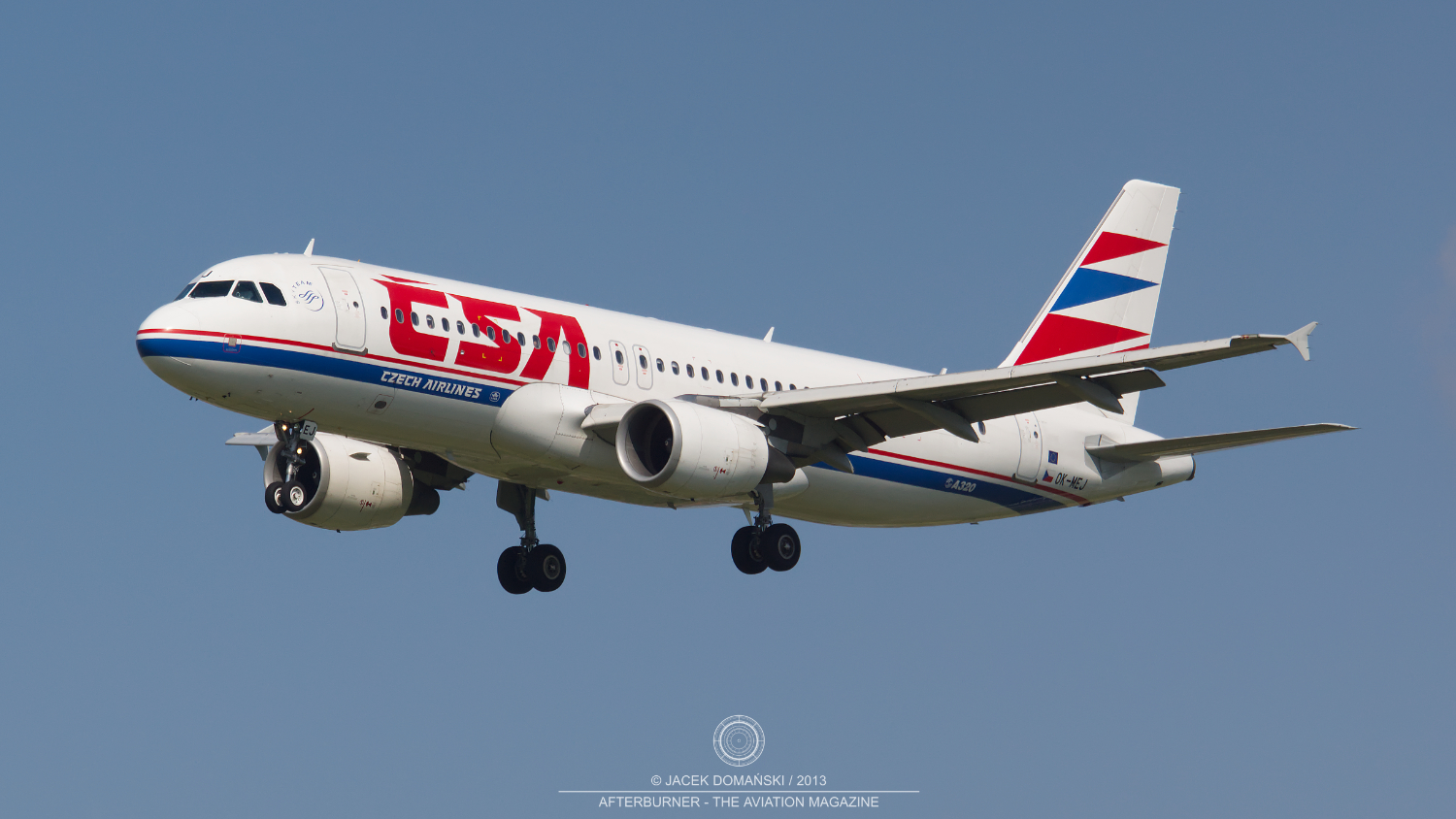
Regrettably, it soon turned out the reality bites. CSA leased from Korean Air an Airbus A330 long-haul aircraft and together with the Korean carrier began to operate on Prague-Seoul route. However, instead of being the base for future Europe-Asia hub in Prague, the Seoul route was the one causing the biggest loss in history of the company.
What´s more, the forecasted connection between Europe and Asia, with stopover in Prague, was just a pipe dream. Only about fifteen percent of passengers from Prague-Seoul line used the Czech capital city as connecting point to further destinations. Shortly after, sales of the CSA stakes to Korean Air became the subject of political tensions in the Czech Republic and the Korean carrier began to seek for investors to sell its shares.
In April of 2015, Travel Service Group, at that time parent company of Smartwings, bought thirty-four percent of the CSA shares. The long and complicated process of taking over the national, state-owned company, by the new Czech private airline began. Within the next three years Smartwings became the major shareholder of CSA, by acquiring the Korean shares and additional twenty percent from Prisko state-owned company.
Progressively, economically unprofitable CSA routes were cancelled while others were directly taken over by Smartwings. In addition, the aircraft fleet of the national carrier was significantly reduced.
The Covid-19 outbreak was just the kiss of death for the falling airline. Initially, all flight operations to and from the Czech Republic were cancelled by the government. Recovery of air transport was slow and the pandemic caused even more financial issues to CSA. In March of 2021, the Czech national airline was on the brink of bankruptcy.

In August of 2021, the CSA fleet had only one airworthy aircraft, an Airbus A320. Next year, the company destinations were limited to three and finally, in 2023, CSA was left with only one regular route Prague-Paris. In spring of 2024, Smartwings group went through restructuration and changes in ownership of its subsidiary companies. It resulted in full takeover of CSA and soon the statement about the near end of the CSA flight operations was issued.
In October of this year, structure of the Smartwings group changed. CSA became the managing company of the group, while the flight operations were completely taken over by Smartwings and its subsidiary companies in Hungary, Poland and Slovakia. In this way, merge of both companies that began in 2018, was finally completed.
Completing the merge meant also the end of flight operations for CSA, as independent air carrier. The company ceased to perform any commercial flights under its ICAO code CSA. Also the IATA code OK and the official CSA LINES call sign were abandoned. In addition, the airline ended its OK Plus loyalty programme, as well as withdrawn from the SkyTeam air alliance. Last but not least, the company asked to cease its air operator certificate (AOC), the official approval granted by a civil aviation authority to perform commercial air transport.
Starting from 27th October 2024, all flight operations of CSA-branded aircraft are coded QS, just like other Smartwings flights. Although the CSA brand will not vanish completely, at least for a time. Two Airbus A320 aircraft from the Smartwings inventory will still carry the CSA livery, as well as four new Airbus A220-330 expected to join the Smartwings fleet within the next few months.
The interesting fact is that the final CSA flight took place almost exactly 101 years since the first flight of Czechoslovak State Airlines. Although the brand seems to be preserved for a time, history of the Czechoslovak and then the Czech national airline is now definitively closed.
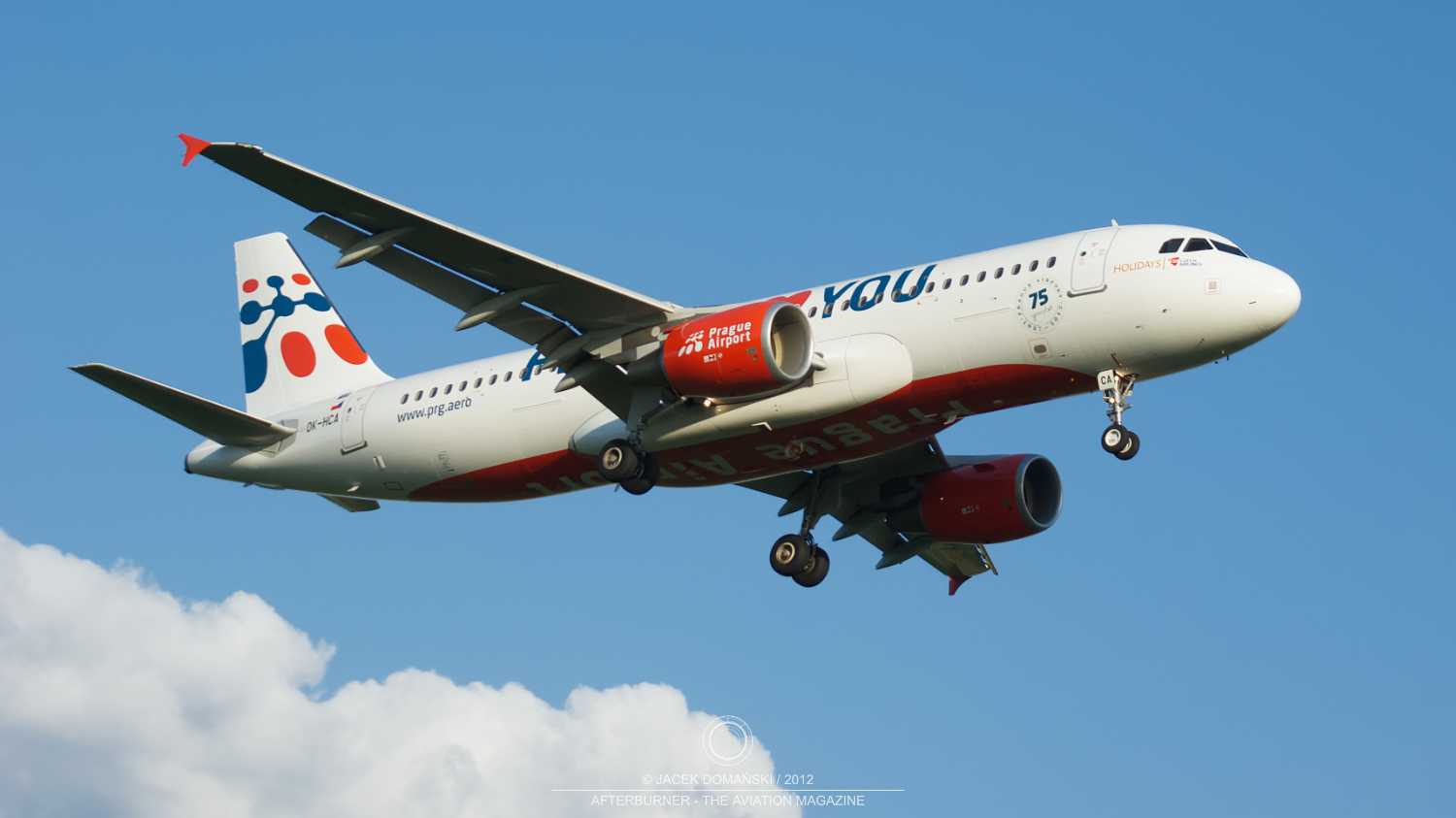
Cover photo: Airbus A319, CSA, carrying a changed company logo to celebrate its 90th anniversary (2013)

